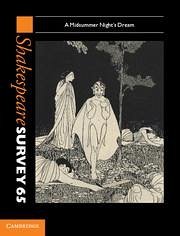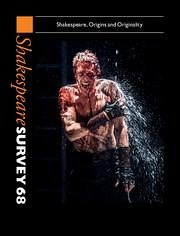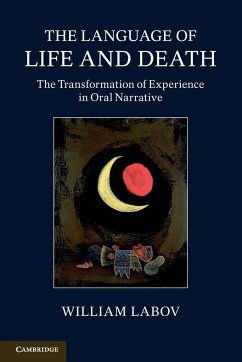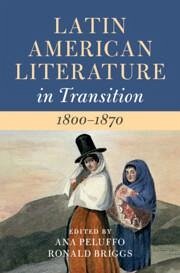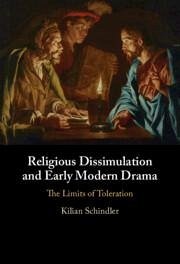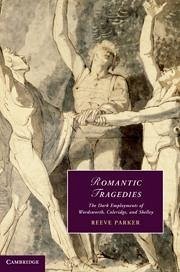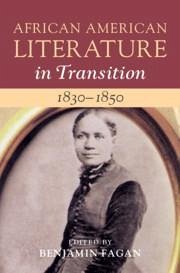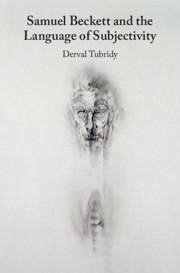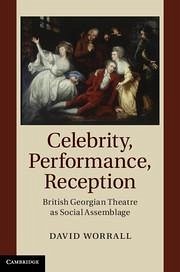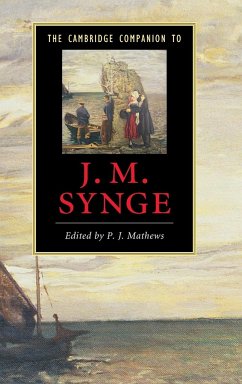Nicht lieferbar
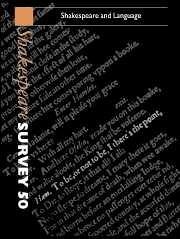
Stanley Wells (ed.)
Gebundenes Buch
Shakespeare Survey: Volume 50, Shakespeare and Language
Versandkostenfrei!
Nicht lieferbar



Shakespeare Survey is a yearbook of Shakespeare studies and production.
Produktdetails
- Verlag: Cambridge University Press
- Seitenzahl: 312
- Erscheinungstermin: 13. Januar 1998
- Englisch
- Abmessung: 249mm x 188mm x 23mm
- Gewicht: 726g
- ISBN-13: 9780521591355
- ISBN-10: 052159135X
- Artikelnr.: 35454284
Herstellerkennzeichnung
Libri GmbH
Europaallee 1
36244 Bad Hersfeld
gpsr@libri.de
Für dieses Produkt wurde noch keine Bewertung abgegeben. Wir würden uns sehr freuen, wenn du die erste Bewertung schreibst!
Eine Bewertung schreiben
Eine Bewertung schreiben
Andere Kunden interessierten sich für



